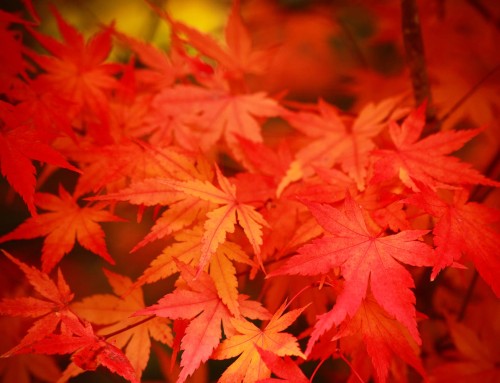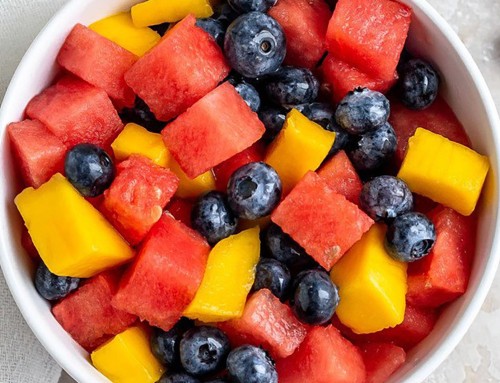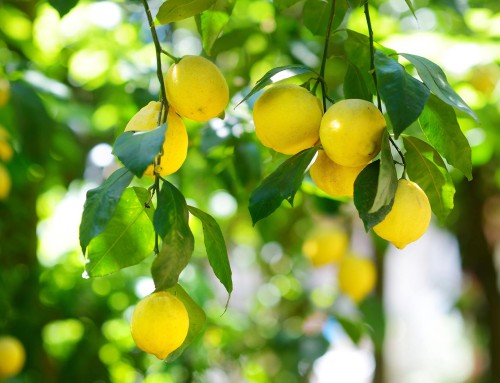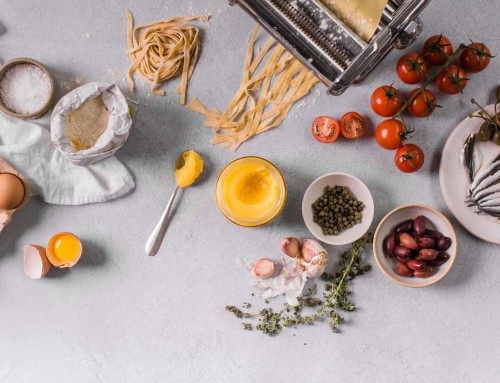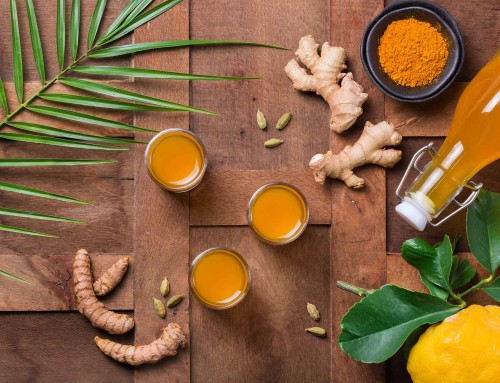
Pacifying Pitta Dosha and Subdoshas
Even Temper • Healthy Hair • Decreased Acid
Pitta governs all heat, metabolism and transformation in the mind and body. It controls how we digest foods, how we metabolize our sensory perceptions, and how we discriminate between right and wrong. Pitta governs the important digestive “agnis” or fires of the body.
Do you need to balance Pitta?
Pitta dosha governs metabolism and transformation in the body. Answer these questions to see if you need to balance Pitta.
- Do you tend to be demanding or critical?
- Are you often frustrated, angry or intense?
- Is your skin ruddy and prone to rashes and eruptions?
- Are you often irritable or impatient?
- Is your hair prematurely gray or thinning?
- Do you wake up in the early hours and find it difficult to fall asleep again?
- Do you feel discomfort in hot weather?
- Are you a perfectionist?
- Do you experience hot flashes?
- Do you have excess stomach acid?
- Do you experience loose bowel movements?
If you answered yes to most of these questions, you need to balance Pitta.

Tips for Balancing Pitta
- All Pitta products: drink Organic Pitta Tea and season meals with Organic Pitta Churna; practice cooling aromatherapy with Cooling Pitta Aroma Oil.
- Keep cool. Avoid hot temperatures and food.
- Favour cool, heavy, dry foods and sweet, bitter and astringent tastes.
- Reduce pungent, sour, salty tastes and warm, oily and light foods.
- Moderation; don’t overwork.
- Allow for leisure time.
- Regular mealtimes, especially lunch at noon.
- Abhyanga (ayurvedic oil massage) with a cooling oil such as coconut.
Pitta-Pacifying Diet
- Dairy. Milk, butter and ghee are good for pacifying Pitta. Reduce yoghurt, cheese, sour cream and cultured buttermilk (their sour tastes aggravate Pitta).
- Sweeteners. All sweeteners are good except honey and molasses.
- Oils. Olive, sunflower and coconut oils are best. Reduce sesame, almond and corn oil, all of which increase Pitta.
- Fruits. Favour sweet fruits, such as grapes, cherries, melons, avocados, coconuts, pomegranates, mangos, and sweet, fully-ripened oranges, pineapples and plums. Reduce sour fruits such as grapefruits, olives, papayas, and unripe pineapples and plums.
- Vegetables. Favour asparagus, cucumbers, potatoes, sweet potatoes, green leafy vegetables, pumpkins, broccoli, cauliflower, celery, okra, lettuce, green beans and zucchini. Reduce hot peppers, tomatoes, carrots, beets, onions, garlic, radishes and spinach.
- Spices. Cinnamon, coriander, cardamom and fennel are all right. But the following spices strongly increase Pitta and should be taken only in small amounts: ginger, cumin, black pepper, fenugreek, clove, celery seed, salt and mustard seed. Chilli peppers and cayenne should be avoided.
Discover your ayurvedic body type and identify your health needs with our: A Guide to the Doshas
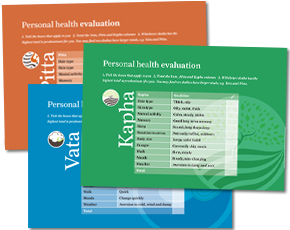
Pitta Governs
Alochaka Pitta: Functioning of the eyes.
Bhrajaka Pitta: Healthy glow of the skin.
Sadhaka Pitta: Desire, drive, decisiveness, spirituality.
Pachaka Pitta: Digestion, assimilation, metabolism for healthy nutrients and tissues.
Ranjaka Pitta: Healthy, toxin-free blood.
Pitta out of Balance
Alochaka Pitta: Bloodshot eyes, poor vision.
Bhrajaka Pitta: Skin rashes, acne.
Sadhaka Pitta: Demanding, perfectionist, workaholic.
Pachaka Pitta: Acid stomach.
Ranjaka Pitta: Early greying, anger, toxins in the blood.
© Copyright 2019 Maharishi Ayurvedic Products International, Inc. (MAPI).
DISCLAIMER: The information in this document is presented for the sole purpose of imparting education on Maharishi AyurVeda and neither the information nor the products are intended to diagnose, treat, mitigate, cure or prevent any disease. If you have a medical condition or are pregnant or lactating, please consult a health professional and it is recommended that you speak with your physician before making significant changes to your diet or routine.

